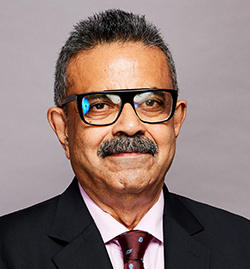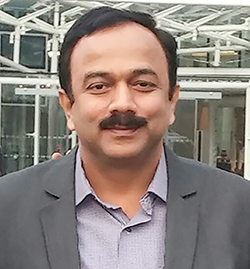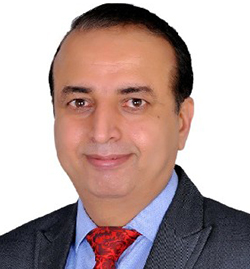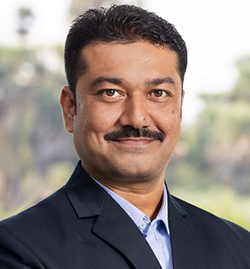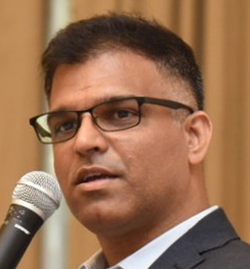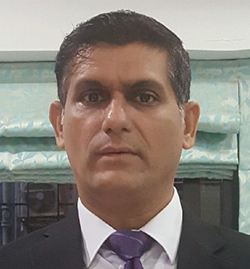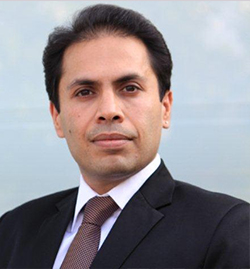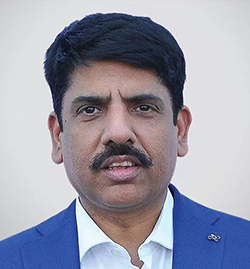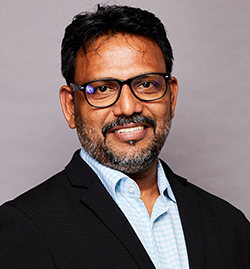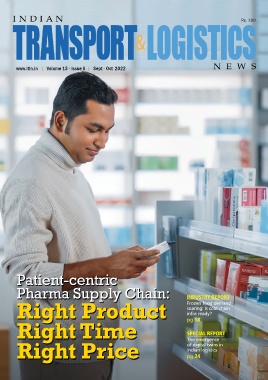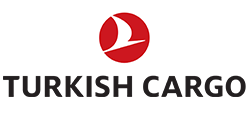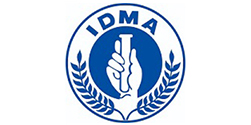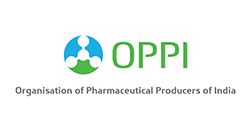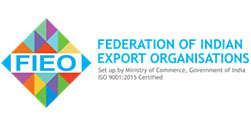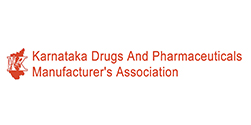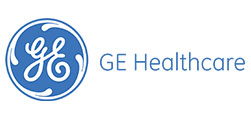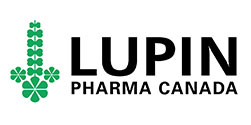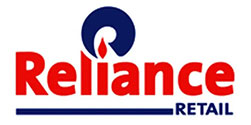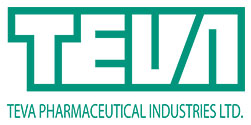Partners
For sponsorship opportunities, please contact dinesh@statmediagroup.com
Speakers
For speaking opportunities, please contact reji@statmediagroup.com
Agenda
For the fifth edition of the Global Pharma Logistics Summit, we are putting the focus where it should be: patient care and patient cure.
The purpose of having the shippers lay out their concerns, the reason to bring all pharma logistics stakeholders under one roof and the need to frame the right questions, all boil down to the very fact that the industry needs to treat each disease and take care of one patient at a time. The event intends to help the industry articulate this very purpose by debating and discussing the pain points across the supply chain and help create a roadmap for patient care and patient cure.
Logistics companies often require specialised teams to handle pharma shipments and deal with hospitals, pharmacies, clinics, health centres and particularly the manufacturers or shippers. Thus it is crucial for the logistics partners to listen to the collective consciousness of the people who own the cargo. And that's why the Global Pharma Logistics Summit this year becomes even more important to participate.
Time
Subject
08:30 hrs onwards
Registration
9:30 - 9:40 hrs
Inauguration
9:40 - 9:50 hrs
Welcome Note
9:50 - 10:20 hrs
Keynote address
10:20 - 11:35 hrs
Panel Discussion - 1
Subject: Becoming better before becoming big: Are we ready for the next disruption?
According to the recent Straits Research, the global pharmaceutical logistics market size will reach $167 billion by 2030. However, can we continue to flow if there is a new disruption coming in?
For example, the report predicts that people will increasingly look for over-the-counter (OTC) medications, especially in developing countries including India. Along with the increasing population, increasing infections and the non-requirement of prescriptions, can we make OTC medications easily available?
How should logistics companies prepare to be shockproof? What are the changes required in the pharma supply chain across processes both upstream and downstream? Do we have the right kind of people to embrace these changes? Or how do we need to look for such talent?
11:35 - 12:00 hrs
Tea/Coffee Networking Break
12:00 - 13:15 hrs
Panel Discussion - 2
Subject: Supply Chain Therapy: Identifying pain points in pharma logistics
The post-pandemic pharmaceutical supply chain requires a revamp and we call it a supply chain therapy!
We will be out there to find out how the pharmaceutical supply chains can bring the logistics costs down in line with the aims of the National Logistics Policy. (A recent GS1, AHPI report noted that supply chain costs are 15 percent higher in India compared to the best-in-class global pharma players.)
Can logistics companies help shippers by optimising their revenue by avoiding expiry and pilferage? (The GS1 report also said that half of the Indian drug manufacturers lose over 1% of their sales due to expiry and pilferage.)
What is the nature of therapy that the supply chain really need? Who can do the therapy? How far technology developers can do it? How about the govt regulations or initiatives like ULIP?
13:15 - 13:55 hrs
The Relief
We present two cool and innovative companies that are building solutions to provide relief to healthcare supply chain pains. This will also include a short Q&A with the presenter by the moderator.
13:55 - 14:40 hrs
Networking Lunch Break
14:40 - 15:55 hrs
Panel Discussion - 3
Subject: Playing it cool: moving temperature-sensitive pharma
As patients and medical conditions across the globe require more pharmaceuticals like biologics, biosimilar or vaccines, logistics players need to strictly maintain the temperature in the prescribed range due to their sensitivity.
What are new innovations and solutions in terms of containers, packing and monitoring available? Can those sensitive shipments reach patients safely without compromising efficiency and efficacy? What are the pain points?
Do we have the right kind of scenario planning and risk mitigation strategy in place? How can they make sure that the patients are not suffering due to disruptions?
15:55 - 16:05 hrs
Presentation
16:05 - 16:35 hrs
Tea/Coffee Networking Break
16:35 - 17:50 hrs
Panel Discussion - 4
Subject: Visibility & predictability: tech interventions for pharma industry 4.0
A recent study released by GS1 India and the Association of Healthcare Providers revealed that India lacks visibility to the point of care across 80 percent of its pharma manufacturers which follows inefficient inventory management, expiry and pilferage, and the inability to recall products beyond distributors.
How will this affect the patients? Who should fall in line? What are the technologies required? What should the industry do?
Can new technologies in the supply chain contribute to helping the patients to have more affordable life-saving drugs?
17:50 - 17:55 hrs
Closing Remarks and vote of thanks
18:15 hrs onwards
Cocktail and dinner
*Subject to Change
Photo Gallery















